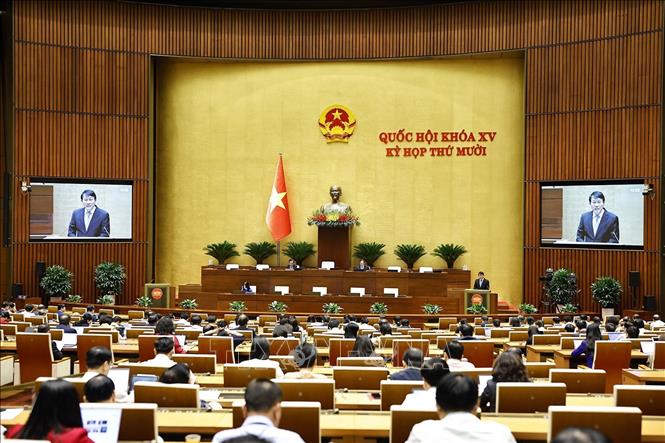
Delegate Lo Thi Luyen (Dien Bien) said that currently, in the context of the country promoting international integration, signing and implementing many treaties in the fields of economics , trade, investment, labor, science and technology, environmental protection, sustainable development... the obstacles and bottlenecks in current laws affect the progress and quality of implementation of international treaties, especially urgent issues or those related to ODA capital and other preferential loans.
Citing the reality in Dien Bien province, "which also has this source of capital, but has not been able to do so for the entire past term", the delegate said the reason was because the negotiation procedures were carried out according to the donor's request, then the procedures had to be redone according to the Law on Public Investment. This has slowed down the implementation progress, many times the deadline for implementing commitments with the donor has expired and the negotiation process has to be returned to, affecting the issue of overspending, debt repayment, etc. Therefore, the delegate emphasized that the content of decentralization and delegation of power to the Prime Minister in the draft Law is very necessary.
Delegates proposed clearly defining the time for handling administrative procedures in the direction of simplifying procedures, enhancing decentralization and delegation of power, thereby improving the efficiency of signing and implementing international treaties, especially in the use of ODA capital and preferential loans because these are important resources for socio-economic development.
Delegate Lo Thi Luyen agreed to add the provision "Authorization in special cases" in Article 72a of the draft Law. Accordingly, in case it is necessary to handle practical requests or urgent foreign affairs requests, after consulting with the Ministry of Foreign Affairs, the Ministry of Justice and relevant agencies and organizations, the proposing agency shall recommend the Prime Minister to report to the President to authorize the Prime Minister to decide on the negotiation, signing, amendment and supplementation of a number of international treaties on behalf of the State under the President's authority within a specified period of time.
Delegates analyzed that this regulation demonstrates the conformity with the policy of decentralization and delegation of power and does not lose the authority of the President while still ensuring leadership and supervision in accordance with regulations. The Prime Minister being authorized in emergency situations requiring quick response in diplomatic activities will help shorten the time, increase flexibility, and meet the requirements in the context of globalization.
Delegate Tran Thi Hong An (Quang Ngai) agreed to consider and pass the Law project according to the shortened process and procedures at the 10th Session to promptly overcome practical bottlenecks. However, the delegate suggested that the Government review to fully internalize international commitments, overcoming the situation of "many signed" but implementation in practice still has many limitations. At the same time, the Government should strengthen training and fostering of human resources to negotiate, develop laws and monitor international treaties; promote propaganda and widely disseminate international treaties, especially trade treaties and treaties related to enterprises. The delegate also hoped that the Government would proactively propose the development of new international treaties in line with national interests, especially in new areas such as: digital economy, energy conversion, artificial intelligence, cyber security, etc.
On the morning of October 31, discussing in groups about the draft Law on amending and supplementing a number of articles of the Law on National Defense and Security Industry and Industrial Mobilization, delegates focused on giving opinions on separating the National Defense and Security Industry Fund into two independent funds (including the Security Industry Development Investment Fund and the National Defense Industry Fund); adding 1 section on the National Security Industry Complex; adding regulations on the "Security Industry Development Management Council" established by decision of the Minister of Public Security and being the Chairman of the Council...
Delegate Be Minh Duc (Cao Bang) agreed with the proposal to separate the National Defense Industry Fund and the Security Industry Development Investment Fund to create initiative in developing the national defense industry and security industry. The delegate also suggested that the drafting agency study and supplement regulations on the mechanism for public and transparent supervision of both types of Funds; improve the efficiency of state budget use as well as prevent risks and losses in financial management.
Commenting on the State's policy regulations for the National Security Industrial Complex, delegate Ma Thi Thuy (Tuyen Quang) said that the draft Law stipulates policies on incentives and support in the development of the security industry, but has not clearly shown the criteria, scope and priority order between beneficiary groups. The delegate suggested that the drafting committee consider more specifics of these policies, clearly defining the priority principles to help the policies come into practice, avoid spreading and ensure effective use of resources.
Source: https://baotintuc.vn/thoi-su/don-gian-hoa-thu-tuc-nang-cao-hieu-qua-ky-ket-va-thuc-hien-dieu-uoc-quoc-te-20251031131941259.htm


![[Photo] Da Nang: Water gradually recedes, local authorities take advantage of the cleanup](https://vphoto.vietnam.vn/thumb/1200x675/vietnam/resource/IMAGE/2025/10/31/1761897188943_ndo_tr_2-jpg.webp)
![[Photo] Prime Minister Pham Minh Chinh attends the 5th National Press Awards Ceremony on preventing and combating corruption, waste and negativity](https://vphoto.vietnam.vn/thumb/1200x675/vietnam/resource/IMAGE/2025/10/31/1761881588160_dsc-8359-jpg.webp)




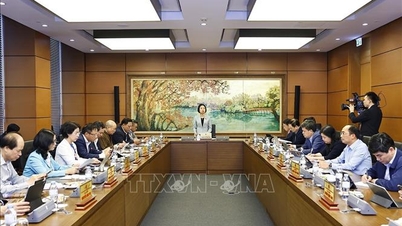
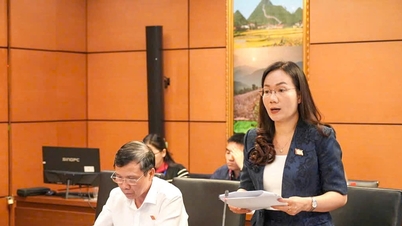

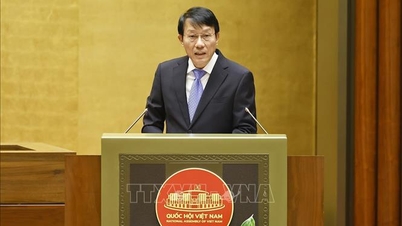
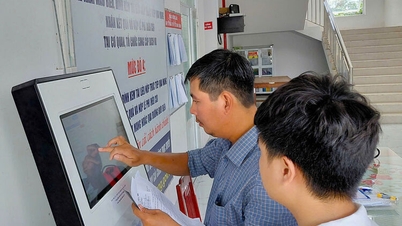



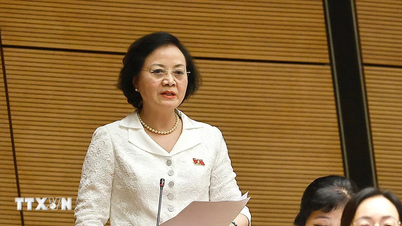

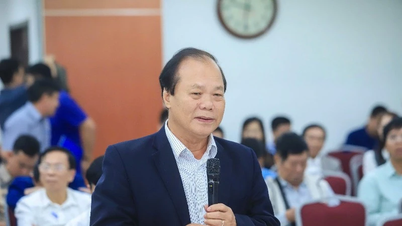

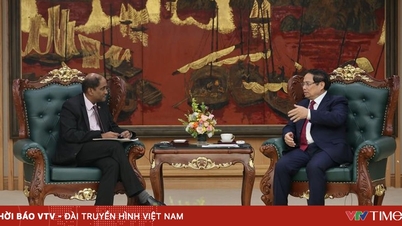

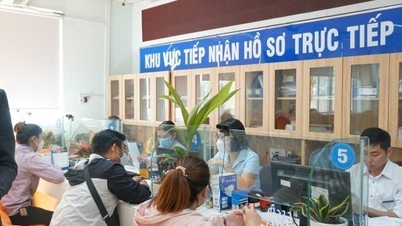
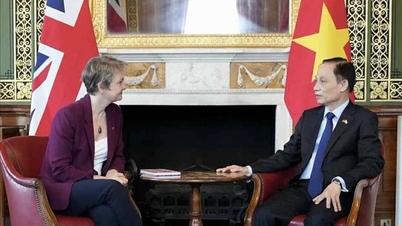
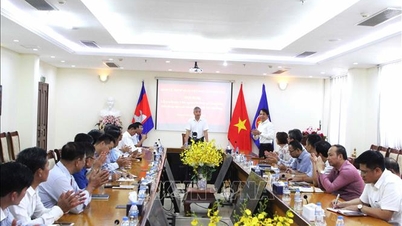
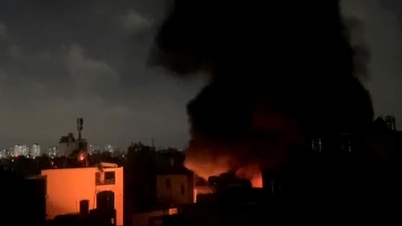




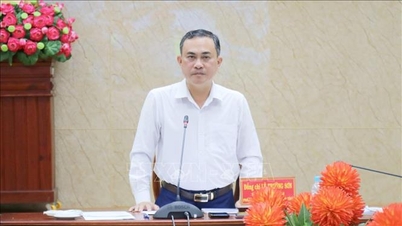
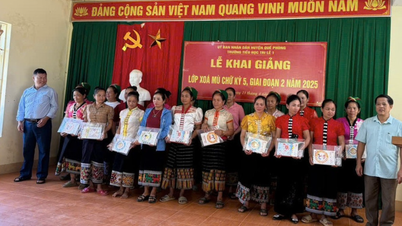

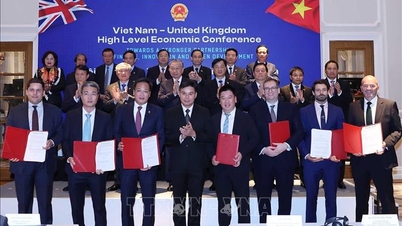

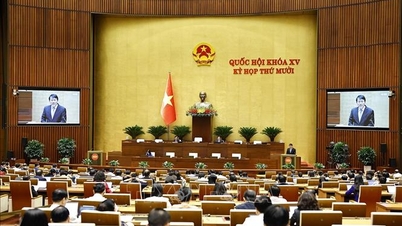

































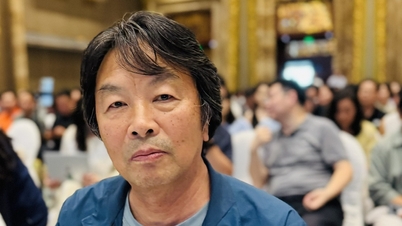

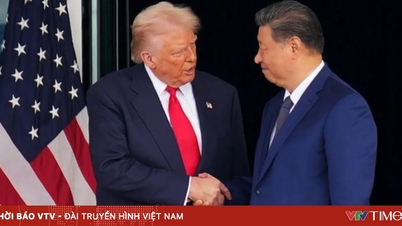
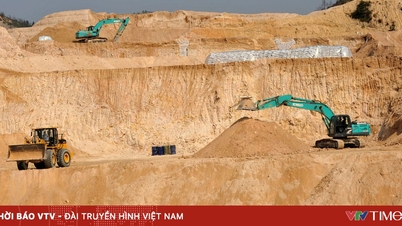
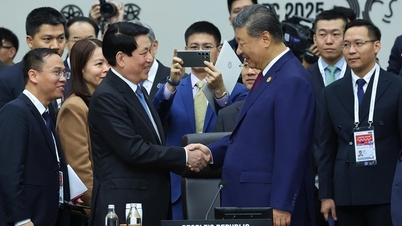
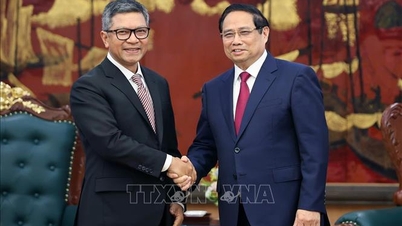
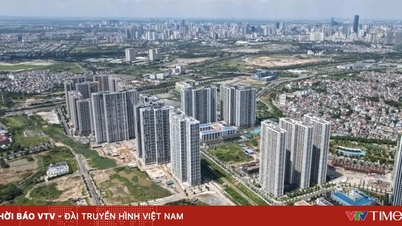





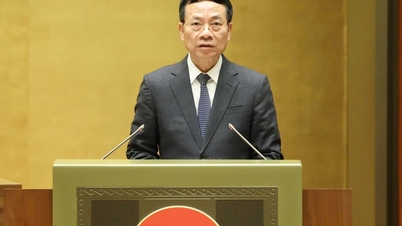
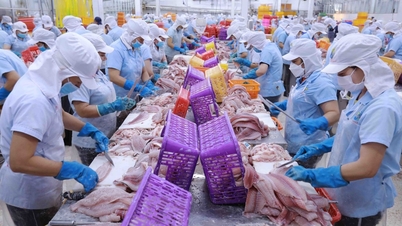
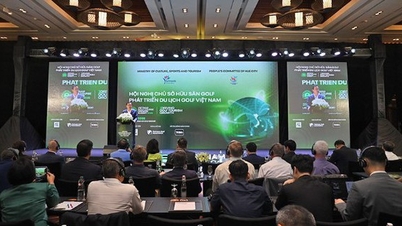





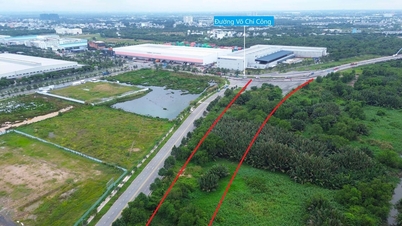















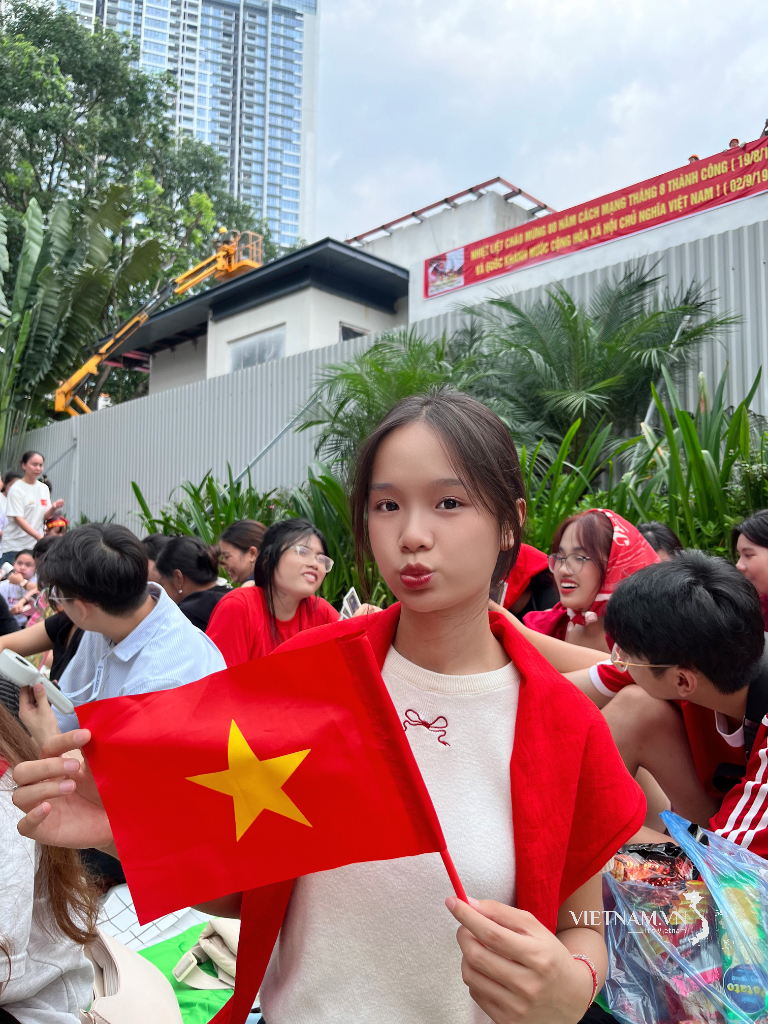



Comment (0)